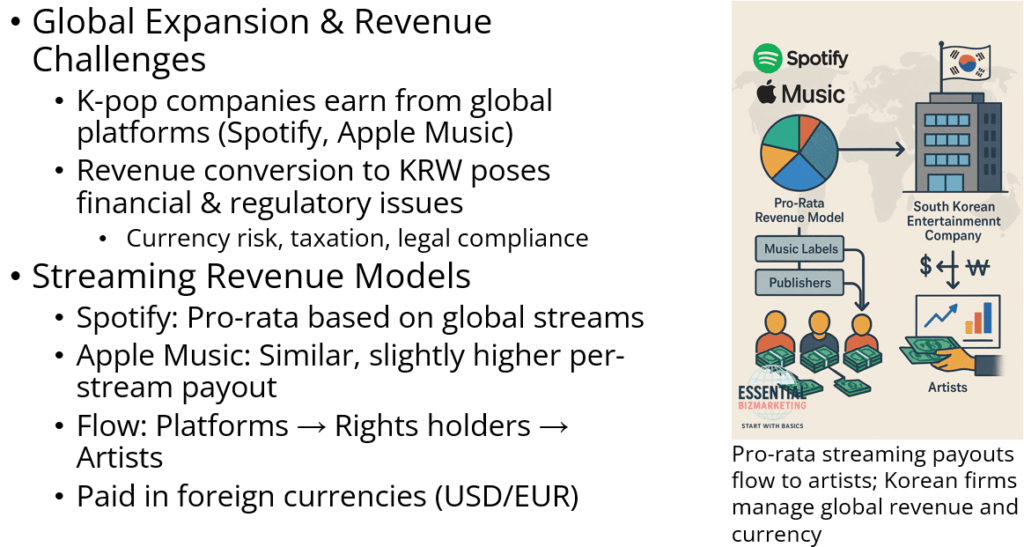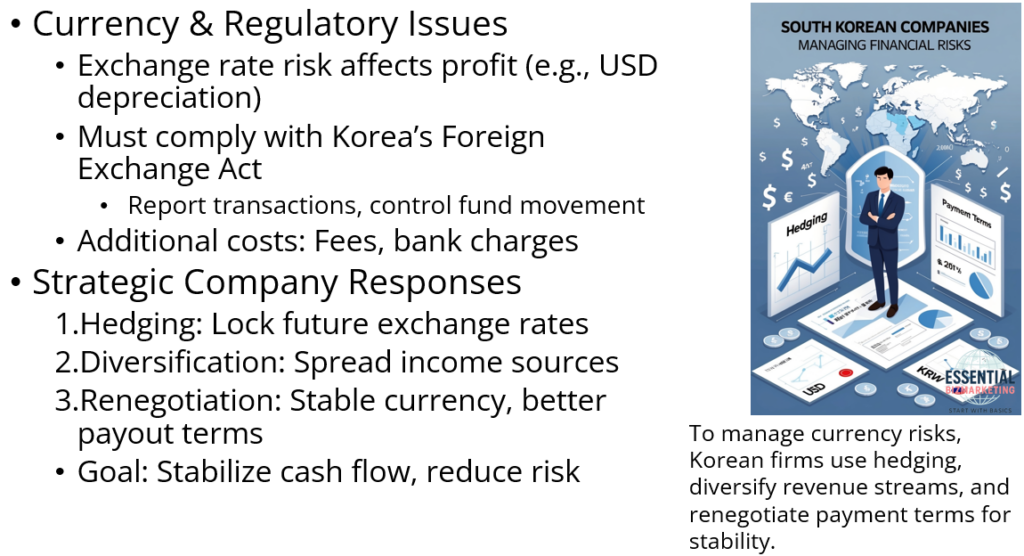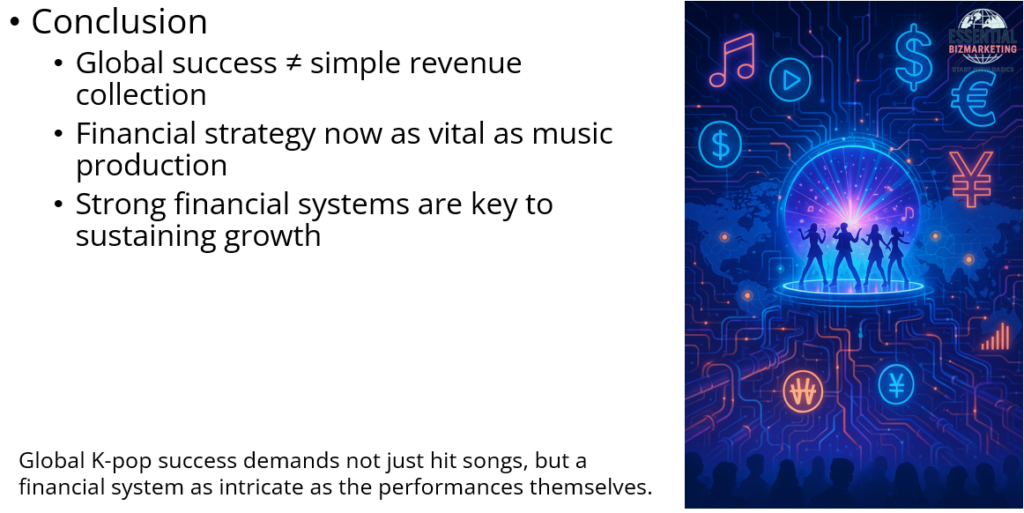Introduction: A New Era of International Earnings

As South Korean entertainment companies expand globally through platforms such as Spotify and Apple Music, they are generating significant revenue from international streams. However, collecting and converting this revenue into Korean Won (KRW) introduces a range of financial and regulatory challenges. The global music streaming market presents opportunities, but those opportunities come with hidden complexities involving currency volatility, taxation, and legal compliance.
Streaming Platform Revenue Distribution Systems
Spotify and Apple Music operate on nuanced revenue-sharing models. Spotify’s payment system is based on a pro-rata model, meaning that the total revenue generated through ads and subscriptions is divided proportionally according to the number of streams each song receives globally. Apple Music follows a similar logic but is often cited as offering a slightly higher per-stream payout. These revenues are paid out to rights holders—typically music labels and publishers—who then distribute earnings to artists under contractual terms. Since these payments are made in foreign currencies (mostly USD or EUR), South Korean entertainment companies must manage not only digital sales but also international finance.
Foreign Exchange and Regulatory Issues

Once the revenue is received, the task of converting it into KRW becomes a key financial step. Currency exchange rates fluctuate daily, which introduces the risk of loss due to unfavorable conversions. For example, a depreciation of the U.S. dollar against the Korean won could significantly reduce expected profits. In addition to this financial risk, companies must comply with South Korea’s Foreign Exchange Transactions Act, which mandates reporting of all foreign currency transactions and imposes strict controls on how funds are moved across borders. Moreover, international financial transfers are often subject to transaction fees and intermediary bank charges, all of which can further reduce net income.
Strategic Responses by K-Pop Companies
To mitigate these risks, South Korean companies are employing a range of financial strategies. One commonly used method is hedging, where companies lock in future exchange rates through forward contracts to avoid potential currency volatility. Another strategy involves diversifying revenue streams geographically to minimize overreliance on any single market or currency. Some companies also renegotiate payment terms with streaming platforms to receive earnings in more stable currencies or to structure payouts in ways that align better with their domestic financial planning. These measures help stabilize cash flows and protect against unforeseen financial disruptions.
Conclusion: Aligning Global Success with Domestic Financial Stability

The international popularity of K-pop has introduced unprecedented revenue potential for South Korean entertainment firms. However, the process of collecting and converting these overseas earnings is far from simple. Companies must navigate not only the technicalities of global streaming platforms but also the complexities of international finance and regulatory frameworks. Successfully managing this process is now as critical to a company’s health as producing music or selling concert tickets. In this new era, the financial infrastructure behind the global K-pop engine must be as sophisticated as the performances it funds
📚References
Sharma, A. (2024, July 24). The revenue sharing model of Apple Music. Deliver My Tune. Retrieved March 25, 2025, from https://blog.delivermytune.com/revenue-sharing-model-of-apple-music/
Sirup Publishing. (2023, June 15). How much does Spotify pay per stream? LinkedIn. Retrieved March 25, 2025, from https://www.linkedin.com/pulse/how-much-does-spotify-pay-per-stream-sirup-publishing-zdutc
Tipalti. (2023). Understanding foreign exchange risk and how to minimize it. Retrieved March 25, 2025, from https://tipalti.com/resources/learn/foreign-exchange-risk/
Korea Legislation Research Institute. (2023, July 4). Foreign Exchange Transactions Regulations. Retrieved March 25, 2025, from https://elaw.klri.re.kr/eng_mobile/viewer.do?hseq=64673&key=23&type=part
📁 Start exploring the Blog
📘 Or learn more About this site
🧵 Or follow along on X (Twitter)
🔎 Looking for sharp perspectives on global trade and markets?
I recommend @GONOGO_Korea as a resource I trust and regularly learn from
